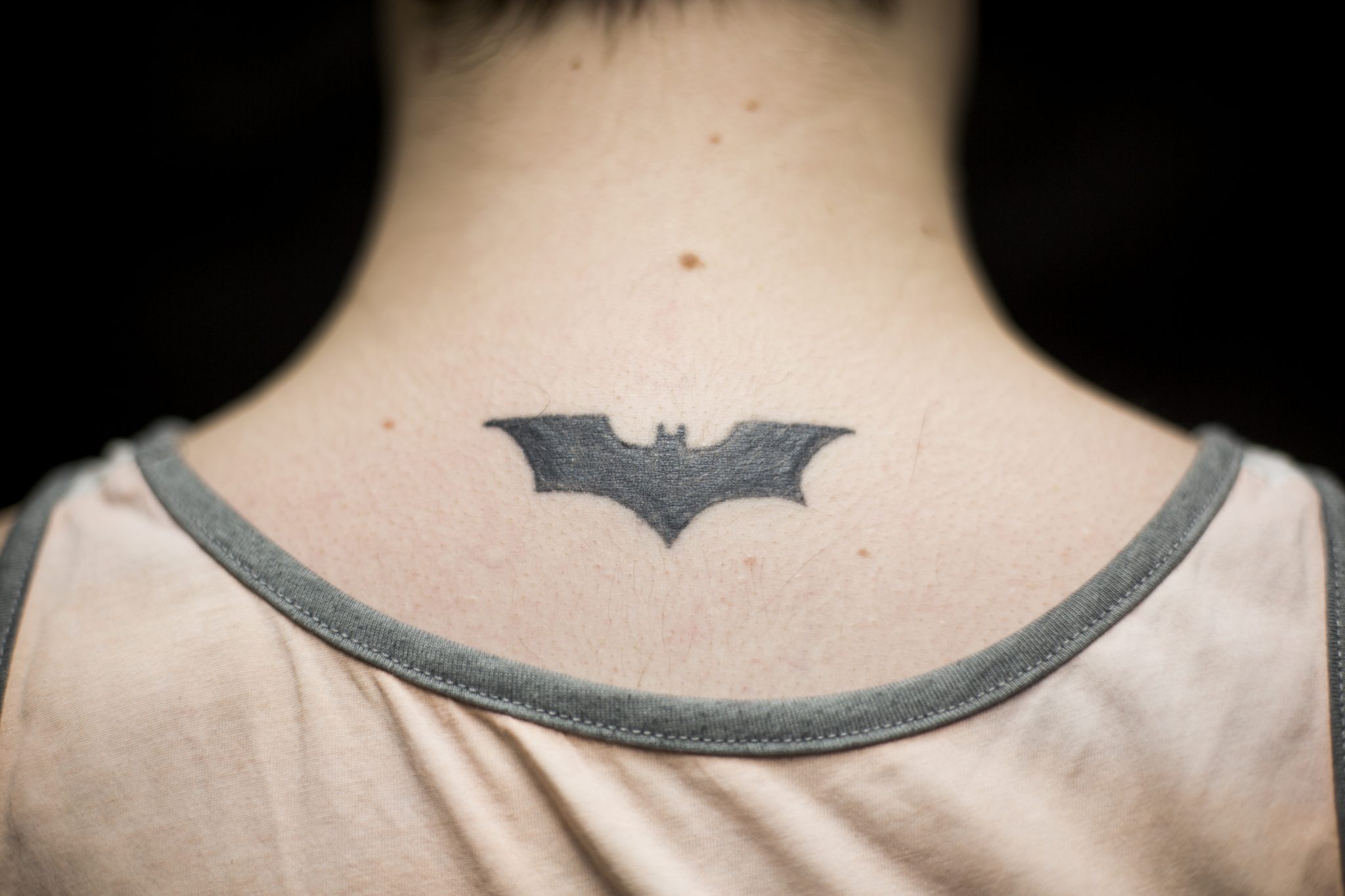Laurier professors connect tattoos and impulsivity


Two Wilfrid Laurier University professors recently conducted a study which concluded that tattoos are linked to impulsivity.
Dr. Anne Wilson, a psychology professor, and Dr. Bradley Ruffle, an economist, conducted their interdispinary study to find out more about the phenomena of tattoos.
The study began with Ruffle returning from years in Israel and noticing the number of visible tattoos compared to when he left North America.
Ruffle was struck about the change within the social norm and decided to investigate further.
Both professors have backgrounds in body image and appearance research.
“As an economist, Ruffle was interested in the economic consequences of tattoos and, as a social psychologist, I was also interested in things like stereotyping and discrimination,” Wilson said.
The study involved a multi-part online survey which was completed by more than 1,000 Americans registered with Amazon Mechanical Turk, an online marketplace for work that requires human intelligence.
The study involved various tasks where individuals were tested on their ability to think long term.
“At the beginning the study they went through a series of experiments to test their tendency to think short term about the present and longer term about the future, and one of the key ways that we did that was giving them decision making tasks that allowed them to get a little bit of money now or [a larger] amount of money in about three weeks,” Wilson said.
In this particular section of their research, Wilson and Ruffle determined that participants without visible tattoos switched to the larger payment option faster than those who wanted the money right away.
Those with visible tattoos wanted the money immediately versus those with no tattoos who were willing to wait for a larger payment at a later date.
Those with non-visible tattoos were in between both waiting and not waiting for their payments.
“What we have seen in recent polls is that a lot of people who are in the 40+ generation, the older people, often people who are the employers or managers or people who are the in the hiring in companies, they still hold pretty negative stereotypes around tattoos.”
“We also asked a bunch of self-report kinds of questions and questions about your tendency to think long term and short term about finances … and physical health and online social behaviours. For example, social media,” Wilson said.
In addition to these questions, the researchers also tested the general nature of impulsivity of the participants using math problems.
After conducting all of their experiments the researchers came up with an general conclusion about impulsivity and tattoos.
“What we found across the board from almost every one of these measures was that people that had visible tattoos tended to be more present-oriented [and] less future-oriented, and another way of saying that is that they’re more impulsive,” Wilson said.
From an economist perspective, tattoos may impact someone’s ability to get a job because of the stereotypes surrounding tattoos.
“The channel would be through discrimination,” Ruffle said.
“People may make judgements about those with a tattoo and if you have a tattoo and show up to a job interview you may be less likely to get that position than an equally qualified candidate without a tattoo.”
These negative stereotypes within the job market also contributes to the fact that many individuals doing the hiring are within the age range where discrimination against tattoos may be more prevalent.
“What we have seen in recent polls is that a lot of people who are in the 40+ generation, the older people, often people who are the employers or managers or people who are the in the hiring in companies, they still hold pretty negative stereotypes around tattoos,” Wilson said.
“Those people grew up in a time when tattoos were quite uncommon,” Ruffle said. “It was mostly the realm of sailors or people who have done prison time, and that has change of course dramatically in the past 20 or so years, and now tattoos have a very common place.”

